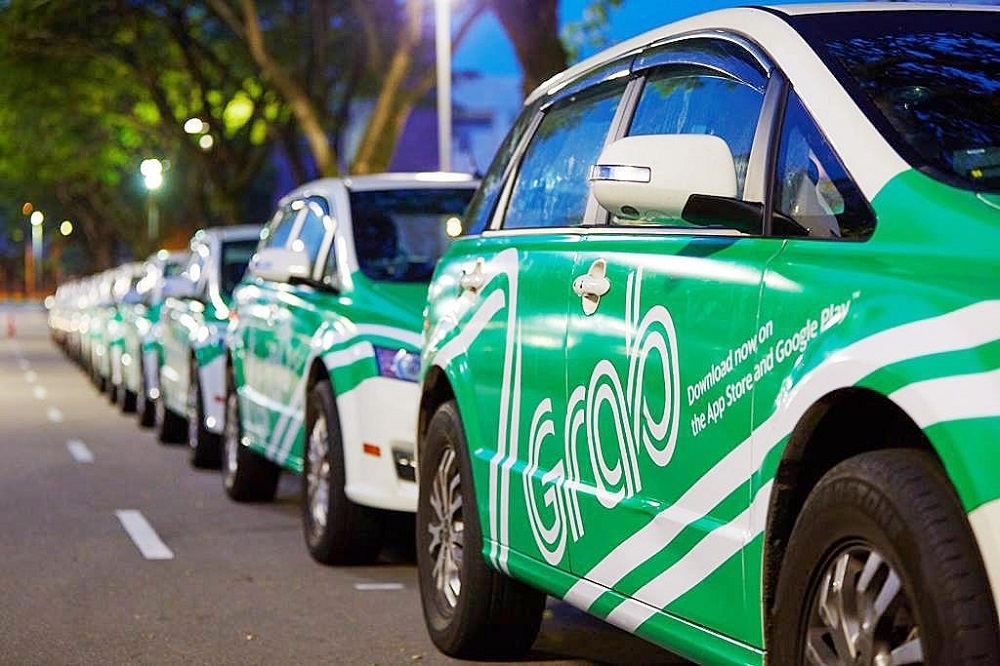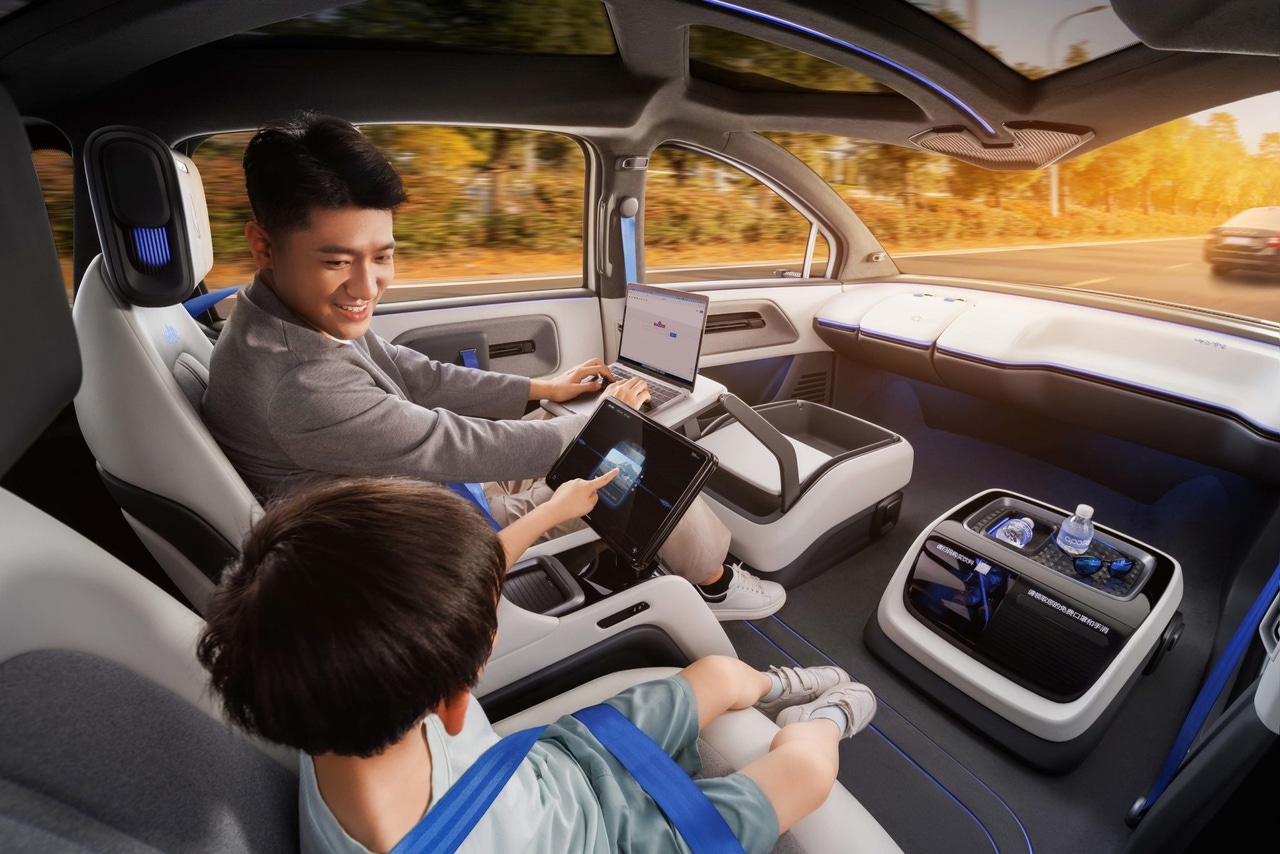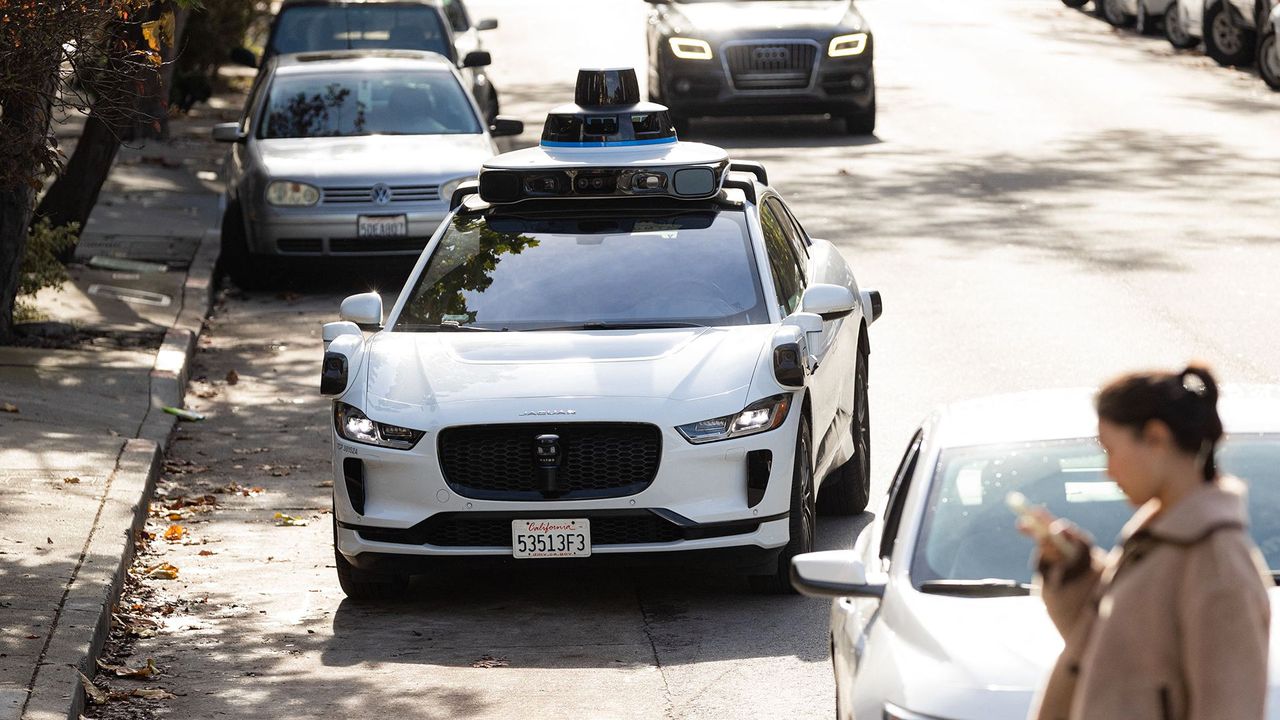Red Ocean Strategy: Emergence of Baidu’s Driverless E-hailing Services in Singapore
On March 25, 2025, Singapore’s Deputy Prime Minister Heng Swee Keat visited Baidu’s Apollo Park in Beijing, rode in the sixth-gen Apollo Go autonomous vehicle, and praised the technology, calling it “the future.”
Singapore’s e-hailing market, long dominated by players like Grab and Gojek, faces a seismic shift with Baidu’s Apollo Go driverless taxis entering the fray.
This move signals a bold attempt to carve a niche in a saturated "red ocean" through cutting-edge autonomous technology.
Here’s how Baidu’s strategy could reshape urban mobility, consumer choices, and investment opportunities in the Lion City.

The Driverless Dawn in a Crowded Sea
Autonomous vehicles (AVs) promise to revolutionize transportation by blending AI innovation with urban efficiency.
- Singapore is a global leader in smart city initiatives and has embraced this vision by welcoming Baidu’s Apollo Go:
- A fully driverless ride-hailing service is already operational in Beijing, Wuhan, and Chongqing.
- Baidu’s entry marks its first major expansion beyond Greater China, backed by:
- A flawless safety record: 150 million kilometers driven autonomously without fatalities.
- Insurance claims 50% lower than human drivers.
- Singapore’s e-hailing market is competitive, with Grab and Gojek battling for dominance through:
- Price wars.
- Loyalty schemes.
- Driver incentives.
Baidu’s challenge is to disrupt this entrenched competition with a driverless alternative—a classic red ocean maneuver.
Red Ocean Strategy: Competing in Saturated Markets
A red ocean strategy involves battling rivals in existing markets by outperforming them on price, quality, or innovation.
Contrast this with blue ocean tactics, which create new demand (e.g., Tesla’s early EV niche). In Singapore, Baidu isn’t inventing a new market—it’s entering a crowded space with a technological edge.

Singapore’s E-Hailing Landscape as of March 2022: A Battleground
| Player | Market Share | Key Strategies |
|---|---|---|
| Grab | ~50.2% | Price promotions, GrabPay rewards, food delivery |
| Gojek | ~18% | Aggressive driver incentives, ride discounts |
| Apollo Go (Baidu) | N/A | Driverless tech, lower long-term operational costs |
Existing players face thinning margins due to costly driver incentives and regulatory compliance.

Baidu’s Playbook: Red Ocean Tactics
1. Differentiation Through Technology
Apollo Go’s driverless tech eliminates labour costs—a rewriter of the rules in Singapore’s high-wage economy.
Baidu’s Apollo platform, tested since 2017 with partners like Toyota and Hyundai, leverages AI algorithms refined across 50 million kilometres of Level 4 autonomous driving.
2. Safety First
Baidu’s flawless track record in China and compliance with Singapore’s AV testing framework aim to ease public scepticism. Real-time monitoring and 5G connectivity further mitigate risks.
Challenges and Opportunities
Challenges
- Regulatory Hurdles: Singapore’s strict AV laws may slow scaling.
- Consumer Trust: A study by Nanyang Technological University in 2024 found that nearly 46% of Singaporeans were open to using autonomous air taxis, indicating a cautiously positive attitude towards autonomous transport
- Competitor Response: Grab could accelerate its AV partnerships, as seen with Hyundai.
Opportunities
- First-Mover Advantage: Baidu's efforts to expand Apollo Go internationally, including partnerships in the UAE, demonstrate its intent to be a leader in the autonomous ride-hailing sector.
- Data Goldmine: Operating in complex urban environments like Singapore could indeed provide valuable data to enhance Baidu's AI capabilities, should such operations commence.

What This Means for You
For Commuters
- Try Pilot Programmes: Early users might enjoy free rides or perks.
- Compare Cost-Benefits: As Apollo Go scales, monitor fare trends against Grab/Gojek.
For Investors
- Watch Baidu’s Stock: Cathie Wood’s recent stake increase signals confidence.
- Explore Ancillary Sectors: AV infrastructure, cybersecurity, and insurance tech could boom.
For Businesses
- Partner Early: Collaborate with Baidu for corporate shuttle solutions.
- Upskill Workforce: Transition drivers to fleet management or tech roles.
The Road Ahead
Baidu’s probable future entry could force Grab and Gojek to innovate—or risk obsolescence. If Apollo Go captures even 15% of Singapore’s e-hailing market by 2026, it may spur a regional AV rollout in Malaysia or Thailand.
For now, the message is clear: in red oceans, technology isn’t just an advantage—it’s a lifeline.
Let us know what you think about this topic, and what do you want to hear next.
You can now be our community contributor and make a pitch to have your favourite personality be on our show.
Join our community group and drop us your insights on this topic.

-3.png?width=50&name=Square%20(2)-3.png)










Let us know what you think of this post